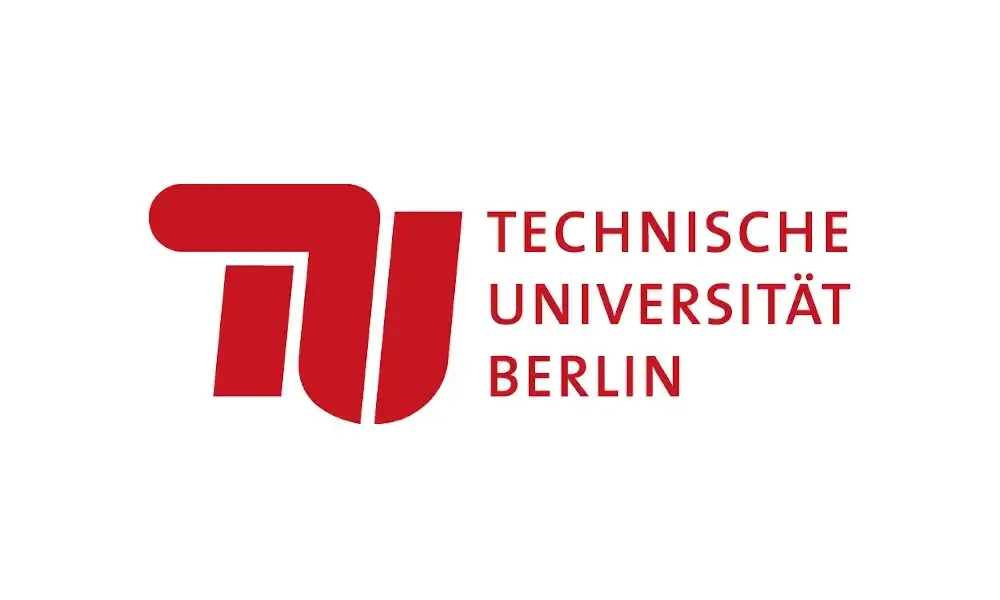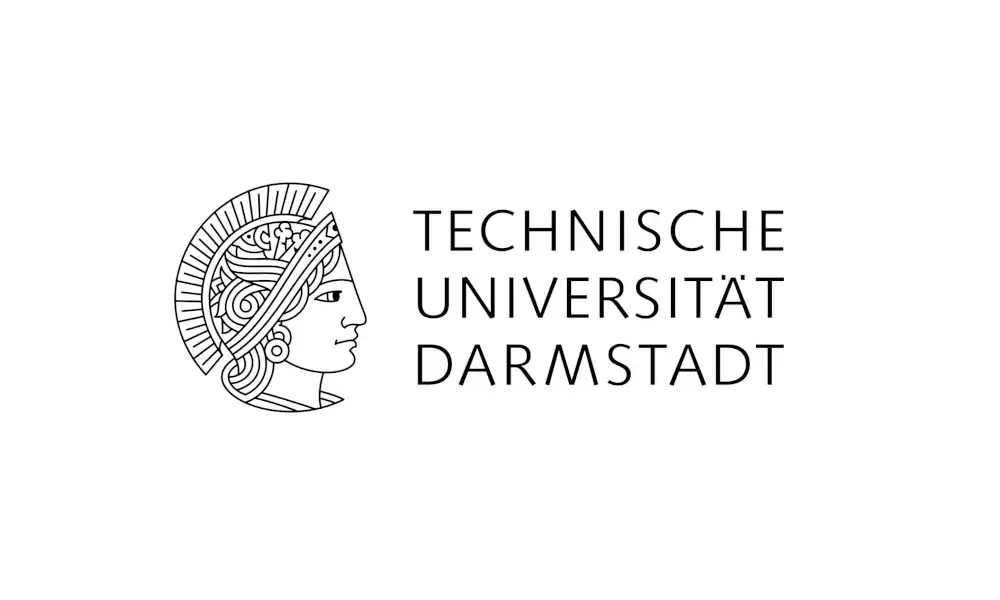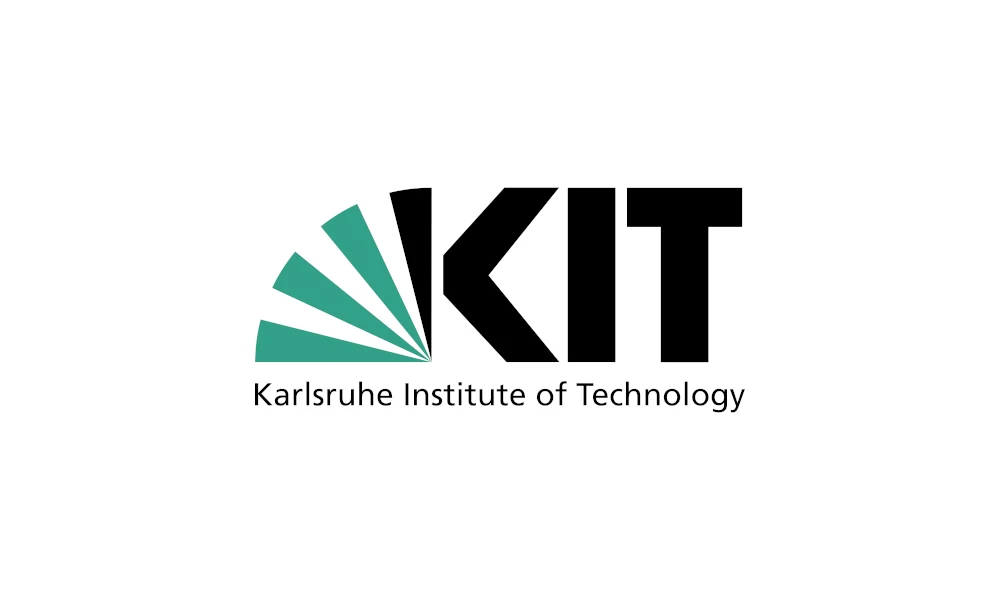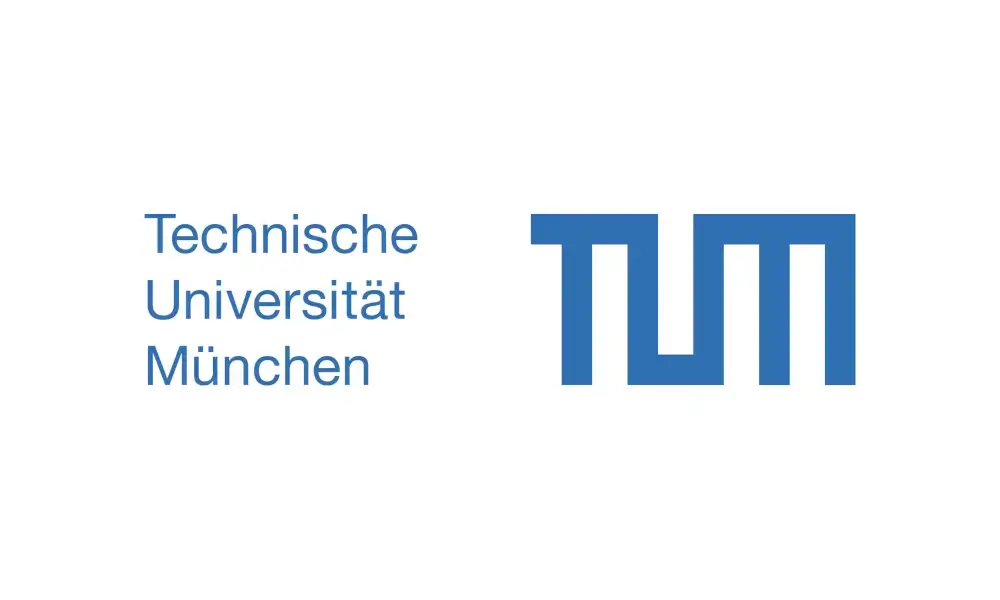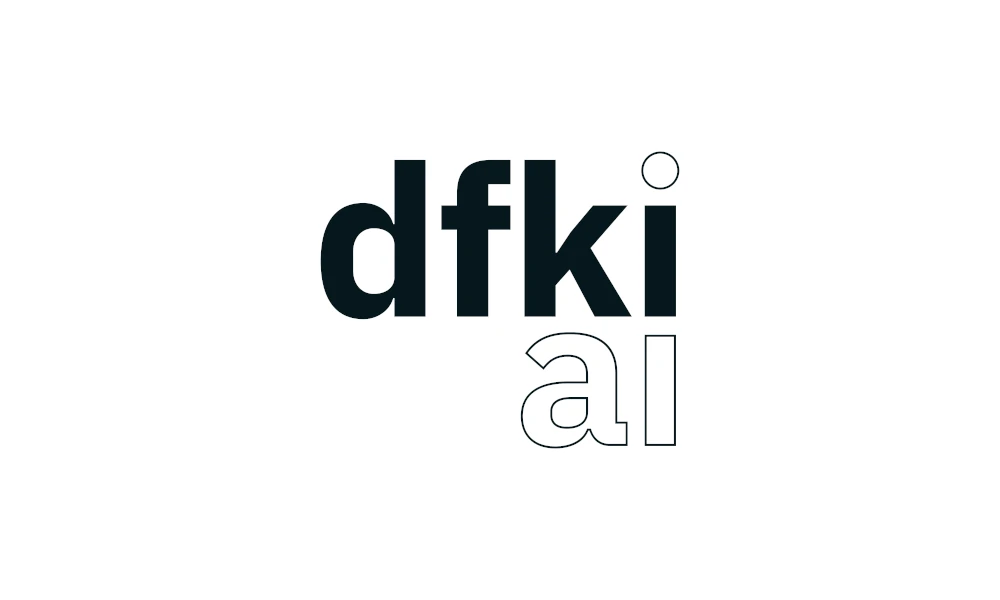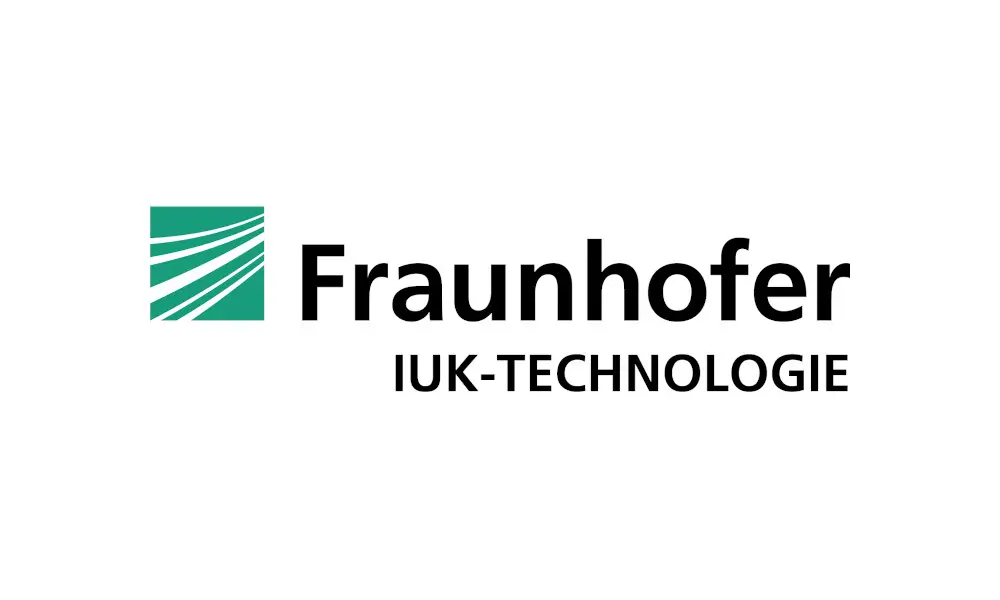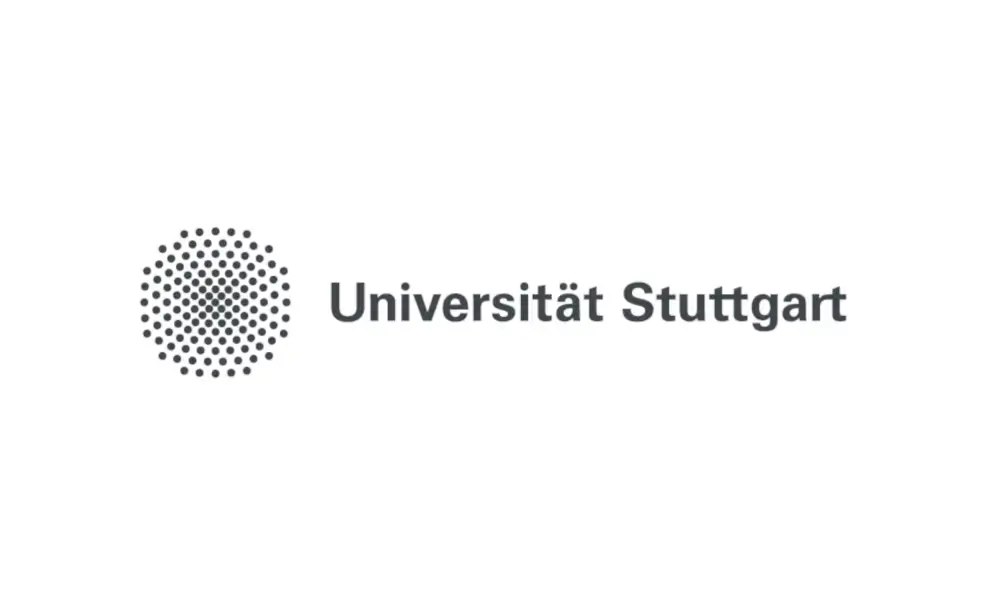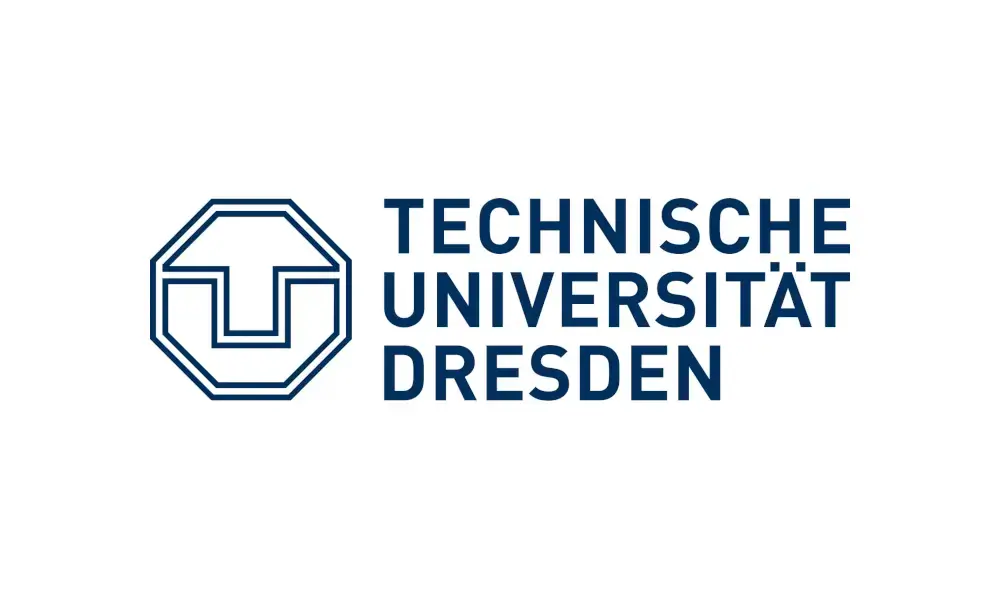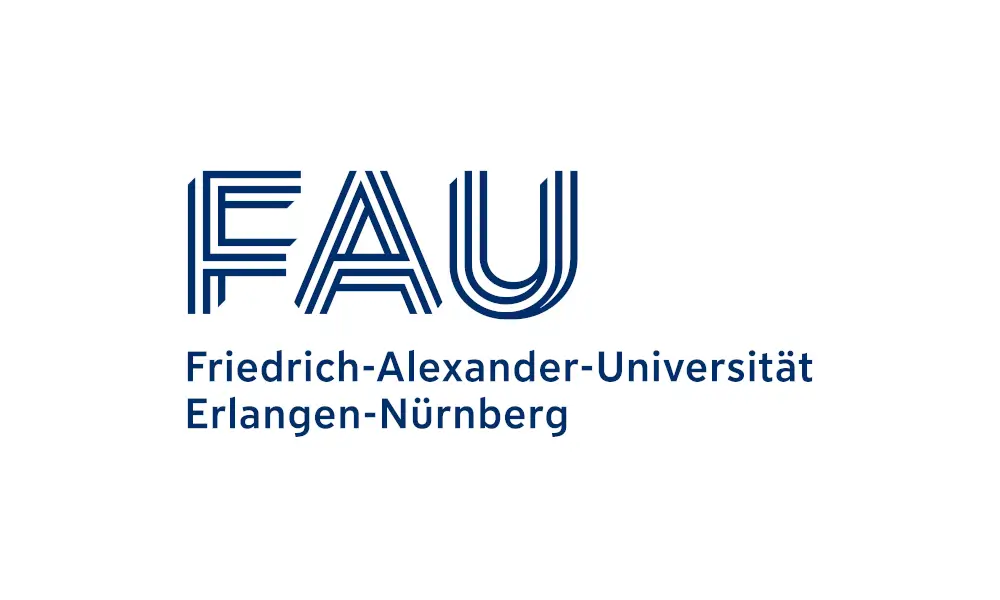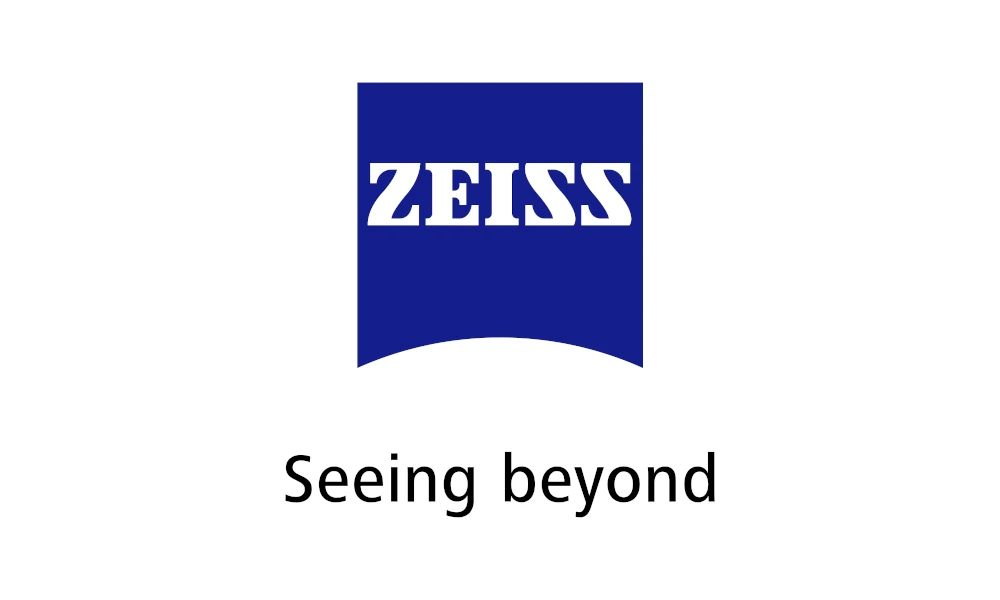Technische Universität Berlin (TU Berlin) is a member of the Berlin University Alliance, making it one of Germany’s Universities of Excellence. With approximately 33,000 students and more than 7,000 members of staff, it is one of the largest universities of technology in Germany. TU Berlin is also a highly international university: 29% of its students are from abroad, and it enjoys many successful research and teaching cooperations with countries all over the world. The areas covered by its seven faculties are unique for a university of technology, bringing together natural sciences and technology, planning sciences, economics and management, social sciences, and humanities under one roof. This wide range of disciplines enables TU Berlin to adopt a holistic approach in its work on important issues impacting the future such as digitalization, sustainability, climate protection, and artificial intelligence. Technische Universität Berlin seeks to develop science and technology for the benefit of society, and
TU Berlin is significantly involved in three approved Clusters of Excellence in the Excellence Strategy of the federal and state governments.
Faculty of Electrical Engineering and Computer Science
Electrical engineering and computer science are of key importance to many areas of modern everyday life, including health, energy, mobility, communication, and security. To benefit from the synergies that exist between them and the interdisciplinary opportunities they offer, electrical engineering and computer science are combined in a single faculty at TU Berlin. This combined approach is essential today for digitalization, artificial intelligence, and robotics. This is reflected in the broad range of research and teaching at the faculty.
An extensive publication output, regular external funding grants of 10 million euros and above, and outstanding research awards such as three Gottfried Wilhelm Leibniz Prizes and two Alexander von Humboldt Professorships all contribute to the faculty’s reputation worldwide. There are more than 6,000 students studying at the faculty, who benefit from a modern, wide range of courses. In recent years, the faculty has developed unique degree programs around the core disciplines of electrical engineering and computer science. These include Computer Engineering, Media Technology, Digital Media & Technology, Business Informatics, and Information Systems Management, as well as the international and specialized master’s programs Computational Neuroscience, Automotive Systems, and ICT Innovation.
© Philipp Arnoldt

